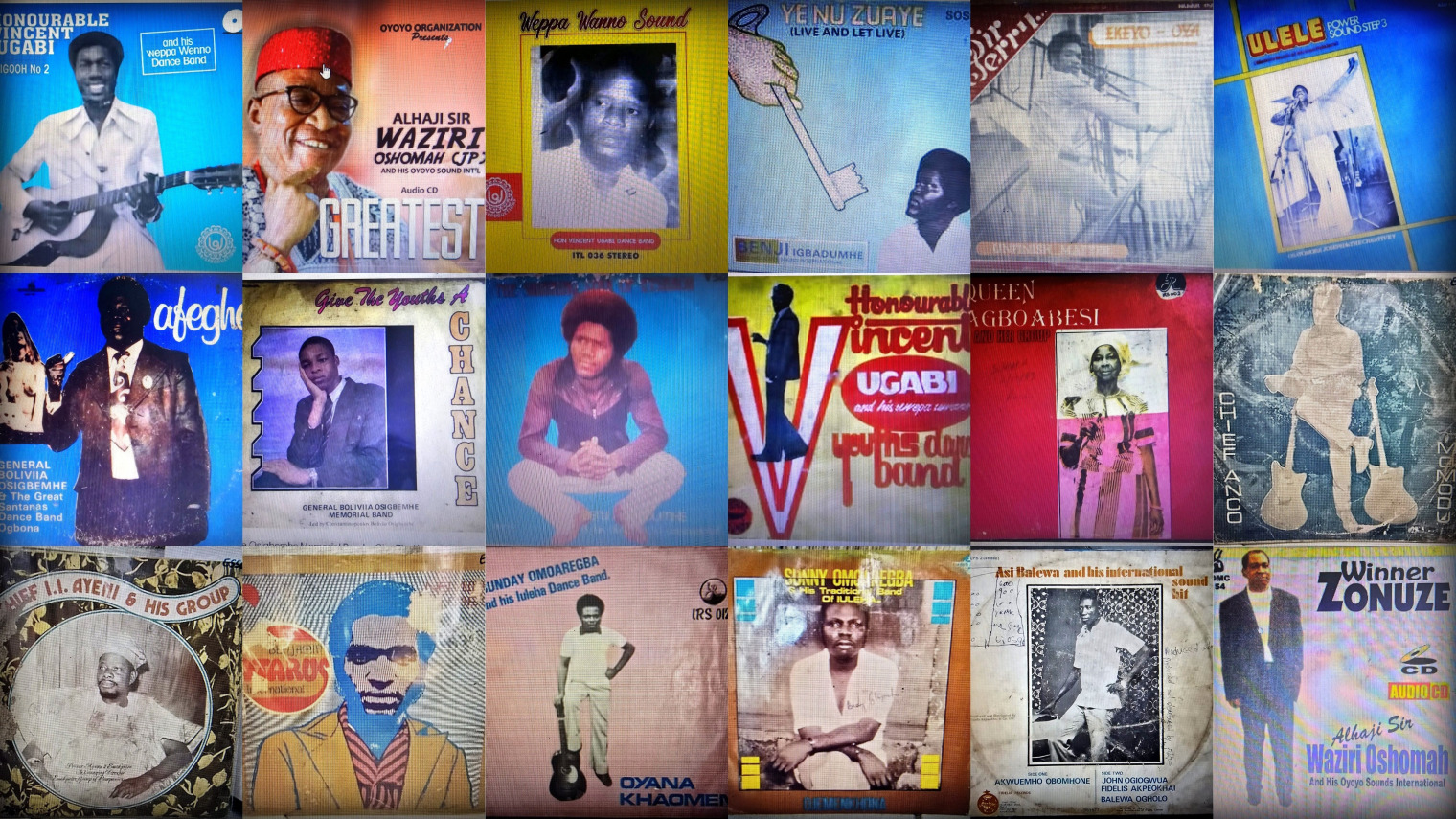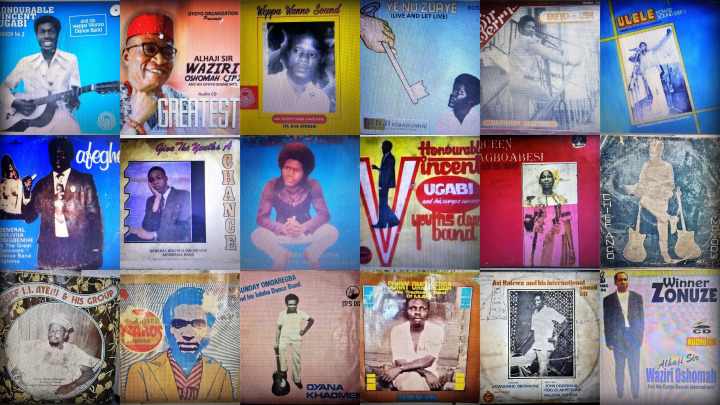Precursor Daily
Hot news
As the clock strikes 04:05 AM BST on Sunday, August 31, 2025, a quiet revolution is unfolding in workplaces worldwide, driven by the rapid advance of artificial intelligence (AI). Experts and workers alike are sounding alarms about the unprecedented pace at which AI is poised to reshape the job landscape, potentially displacing millions in the coming years. This technological surge, fueled by innovations like generative AI and automation tools, is sparking both fear and opportunity, raising urgent questions about the future of employment.
Recent analyses suggest that AI could transform or eliminate a significant portion of jobs within the next decade. Reports indicate that up to 40% of global tasks could be automated, with entry-level and white-collar roles particularly vulnerable. Younger workers, especially those in tech and creative fields, are already feeling the pressure, with unemployment rates among 20- to 30-year-olds in AI-exposed occupations rising sharply since early 2025. Industries from data entry to customer service are witnessing a shift, as AI systems handle repetitive tasks with increasing efficiency, leaving human workers to adapt or risk obsolescence.
The speed of this change is striking. Companies are racing to integrate AI, with 75% of CEOs predicting a major business overhaul within three years due to generative AI. High-profile layoffs in tech giants like Microsoft and IBM, where AI has taken over coding and HR functions, underscore the trend, with estimates of 491 jobs lost daily to automation in 2025 alone. Experts warn that this could escalate, with some projecting that half of all entry-level white-collar jobs might vanish within five years, potentially pushing unemployment rates to 10-20% in advanced economies.
Yet, the story isn’t one-sided. Alongside job losses, AI is creating new roles, particularly in technology and data analysis, with projections of 170 million new positions emerging by 2030. The catch is that many of these opportunities demand advanced skills—77% require at least a master’s degree—leaving lower-skilled workers at a disadvantage. This skills gap is widening, with 55% of CEOs citing a lack of talent as a barrier to innovation, and only 10% of companies fully adopting AI at scale due to these challenges.
Workers are responding with a mix of anxiety and adaptation. Surveys show that 34% fear job displacement within five years, while 83% of Indian workers are willing to delegate tasks to AI to lighten their loads. The generational divide is evident, with younger employees more concerned but also more eager to upskill. Companies, meanwhile, are investing heavily—92% plan to increase AI budgets over the next three years—yet only 1% consider their AI deployment mature, highlighting the uncertainty of short-term returns.
The ethical and societal implications loom large. As AI encroaches on roles once thought safe, from market research analysts to junior paralegals, the need for retraining is critical, with 120 million workers globally expected to require reskilling by 2028. Governments and businesses are urged to act swiftly, promoting transparency and upskilling initiatives to mitigate a potential “white-collar bloodbath.” The question remains: Can society evolve fast enough to balance AI’s promise with its perils, or will the next few years mark a turning point where human labor takes a backseat to machine intelligence?

Unearthing Lost Etsako Classics: The Full Albums Hidden gems of Etsako music

Unearthing Lost Etsako Classics: The Full Albums
A Forgotten Treasure of Sound
Across the valleys and farmlands of Edo North, Nigeria, lies a treasure trove of sound, history, and memory. For decades, the Afemai people, particularly the Etsako, expressed their joys, struggles, and aspirations through music.
These songs were more than entertainment. They were carriers of language, chronicles of community events, and vessels of spiritual reflection.
Yet, as modernity swept across Nigeria, many of these musical treasures faded. Records once played at ceremonies, vinyls that brought families together at dusk, and tapes that echoed through markets slowly disappeared from memory. Today, only fragments survive in homes, old collections, or fading recollections of elders.
This is why the project Unearthing Lost Etsako Classics: The Full Albums was born. It is an intentional cultural rescue effort, an attempt to revive not just the songs, but the worlds they embody.
A Mission Rooted in Culture
This project is more than archiving. It is about conserving and propagating the culture of the Afemai through storytelling and creative media.
For centuries, music has been central to Afemai identity. From the percussive intensity of traditional drums to the lyrical depth of folk storytelling, these works embody resilience, joy, and communal living.
The Afemai, often overlooked in wider narratives of Nigerian culture, have nonetheless made superb contributions across governance, arts, commerce, and social life. Their music is a living testimony of that contribution. To conserve it is to ensure that future generations remain connected to their roots.
From Passion to Project
With over twenty years of experience in media, I have seen firsthand the power of storytelling in shaping perception and legacy. That experience, combined with my deep passion for Afemai culture, led me to launch Etsako Guy, a creative platform dedicated to documenting and projecting Afemai heritage.
Through video documentaries, digitized full albums, cultural showcases, and community events, Etsako Guy is building a bridge between past and present. Each rediscovered album is not just music but a journey into time, inviting audiences to feel, hear, and understand the values preserved in sound.
Icons of Etsako Music
The story of Etsako music cannot be told without its legendary voices:
Chief Vincent Ugabi – A storyteller whose songs defined community gatherings
Sir Alhaji Waziri Oshomah – Pioneer of Afemai modern sound, blending highlife, Afrobeat, and Etsako rhythms
Collins Oke – Celebrated for his fusion of folk and popular Nigerian sounds
Late Akhanmisi – A traditionalist whose music carried deep ancestral tones
Agbi Dance Group – Brought ceremonial and celebratory life to villages
Esther Omozele – One of the few notable female voices, adding balance and depth
Jeremiah Oshiorenua also known as Jericho – A vibrant performer whose songs taught and entertained
These musicians, along with countless unsung local performers, preserved Etsako identity through melodies, proverbs, and rhythms.
Why It Matters Now
In a globalized world, cultures that do not tell their own stories risk being forgotten. While Nigerian music has gained global fame through Afrobeat and Afropop, local traditions remain underrepresented.
By shining a light on Etsako classics, we expand the story of Nigerian music beyond Lagos clubs and international charts, rooting it in ancestral wisdom and community traditions.
There is also urgency. Many original custodians of these songs are aging. Without documentation, their voices and legacies could vanish forever. Digitizing and sharing their works ensures Afemai youth and the world can access this inheritance with pride.
Looking Ahead
Unearthing Lost Etsako Classics: The Full Albums is only the beginning. The vision extends into oral histories, festivals, cuisine, fashion, and contemporary expressions of Afemai heritage.
The goal is not nostalgia alone, but continuity, ensuring Afemai culture remains alive, adaptive, and respected. In celebrating our past, we inspire creativity for the future.
Proudly Afemai
This mission is both personal and communal. Proudly Afemai, I am committed to projecting Afemai to Afemais and to the world.
To my people, this is a reminder of who we are and what we have contributed. To the wider Nigerian and global audience, this is an invitation to listen, to learn, and to celebrate with us.
The beat of Afemai is still alive. It only needs to be heard again, one lost classic at a time.

You will find the latest information about our company...

You will find the latest information about our company...
